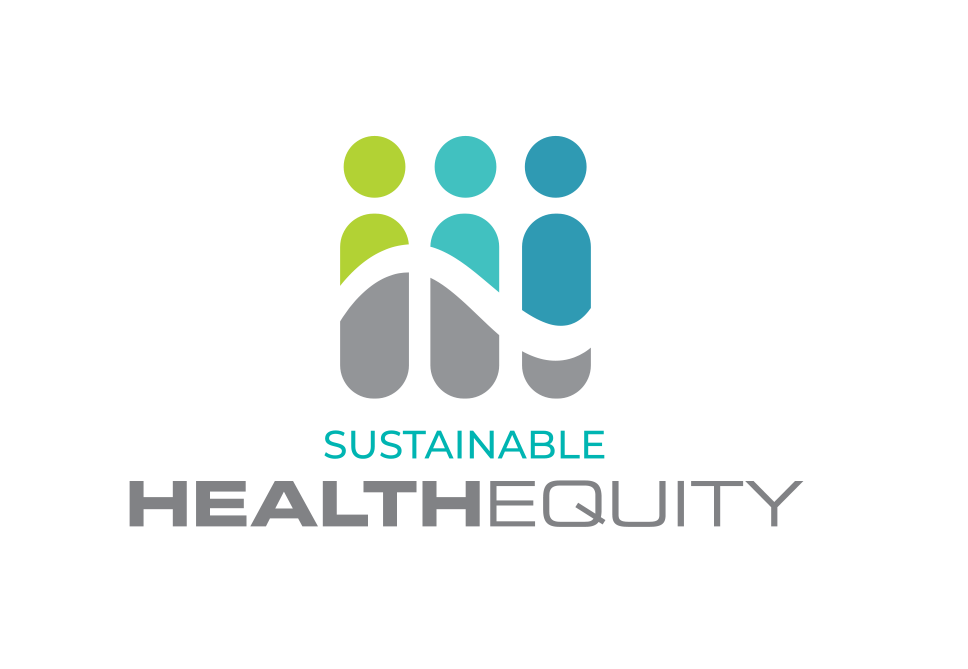Knowledge, public goods and equity
As the WHO director-general, Tedros Adhanom Ghebreyesus, has emphasized, we need equal access to life-saving tools everywhere if we are to end the Covid-19 pandemic.
When rich countries achieve high vaccination coverage rates, 9 out of 10 people in poor countries will not even have access to a vaccine in 2021. To end this pandemic, we need a People’s Vaccine: a patent-free, mass-produced, and fairly distributed vaccine available free of charge to everyone.
SHEM understands that, as biomedical technologies are vital to the welfare of people, and that, in some cases, are literally a matter of life or death, this area of technology should not be controlled by private companies through their patent monopolies.
More fundamentally, however, SHEM believes that the profit-based system of science and technology development place more value on research aimed at having an immediate economic or other practical payoff than research conducted for scientific/cognitive reasons and aimed at improving the quality of life for all. How far we are from the spirit of Jonas Salk who asked: could we patent the sun?
Actually, it is not only for Covid-19 vaccines that this profit-based system of science and technology development promotes health inequities, leaving behind millions of people in disease, poverty, and suffering. We just need to remember the case of anti-HIV drugs.
Do you want to know more?
The SHEM working group on Knowledge, Public Goods and Equity aims to discuss how to promote the ethical principle of equity in the democratized arena of knowledge production and diffusion.
-
Knowledge, public good - 1999
Senior Vice President and Chief Economist
The World Bank -
Global public goods and health - 2008
Senior Lecturer in Health Economics, University of East Anglia, Norwich NR4 7TJ, England
-
Scientific research, technological innovation and the agenda of social justice, democratic participation and sustainability - 2014
Swarthmore College, USA.
Institute for Advanced Studies,
University of São Paulo, Brazil.

